The majority of newborns are born healthy and have no additional problems to adapt to the world around them. They easily continue growing and developing. However, certain number of infants may develop some medical conditions among which infections are definitely the most commonly reported.
Newborns are much more susceptible to some diseases because their immune system is not completely developed. This especially refers to formula-fed infants. Breastfed infants, on the other hand, easily receive mothers antibodies which protect the child against many illnesses. Babies on formula are more endangered because this feeding solution does not contain antibodies and other active components of human immune system.

Due to all the mentioned infants may commonly develop different infections, bacterial, viral or fungal. While some infections are mild (the child is treated at home), certain number of children need to be hospitalized because of the severity of the very infection or complications that have developed.
Neonatal Infections
- In utero transplacentally or through ruptured membranes
- In the birth canal during delivery (intrapartum)
- From external sources after birth (postpartum)
Infections affecting newborn babies usually cause similar symptoms. This is the reason why if there are specific changes in the baby's behavior, parents must seek medical help as soon as possible. Poor feeding, breathing difficulties, listlessness, high or even low body temperature, skin rash or skin discoloration and unusual irritability are all reasons for parents to worry and which point to the presence of some underlying condition.
The sick baby always changes his/her behavior, may suddenly fall asleep, sleep much longer than he/she should and even do not wake up when feeding should take place.
All the mentioned must be considered with more care if the child is less than 2 months old. It is not wise to assume what may be going on. Instead, after consultation with a well experienced pediatrician parents will know what has been going on with their child and what are the following steps they should take.
E. coli Infections in Babies
E. coli (Escherichia coli) is one of several culprits which cause neonatal infections. For instance, the bacterium may be blamed for urinary tract infections (UTIs), sepsis, meningitis and pneumonia. The baby may contract E. coli during childbirth, while passing through the birth canal. The infection may also result from bacteria found in the hospital or at home. Neonatal infections caused by E.coli can be rather severe due to the baby's fragile immune system. Many times the affected child develops fever, listlessness and there is noticeable lack of interest in feeding.
Diagnosis of E. coli infection is confirmed by culturing blood, urine or cerebrospinal fluid and once it is confirmed, the infection is treated with potent antibiotics.



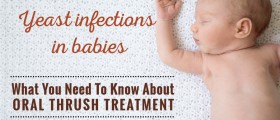
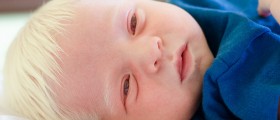
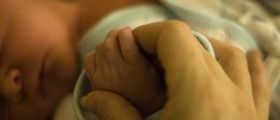



-In-Infants-And-Older-Children_f_280x120.jpg)


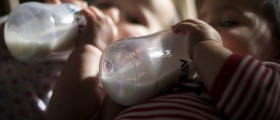
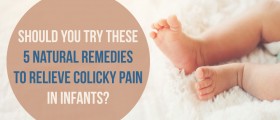

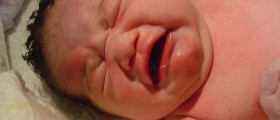
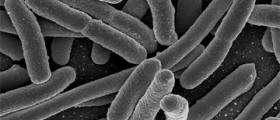
Your thoughts on this
Loading...